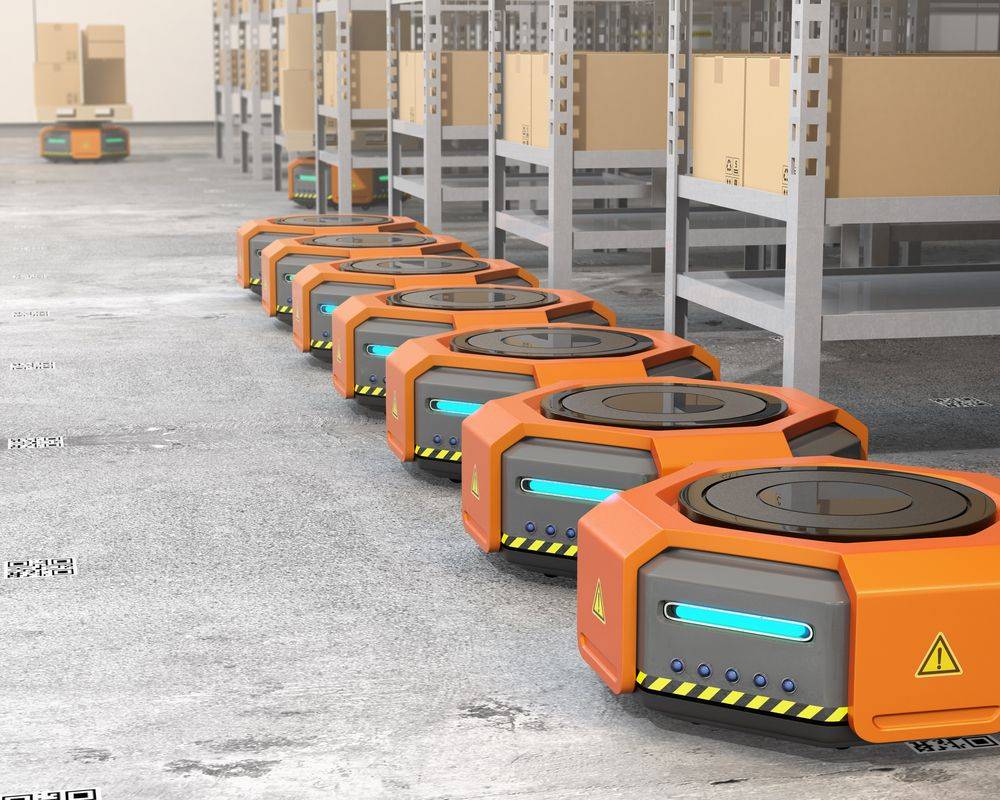The transport and logistics sector is currently undergoing a real revolution thanks to robotization. Autonomous robots, drones and artificial intelligence are radically transforming the flow management and delivery processes. In this article, we’ll explore recent technological advances and the implications of robotization in this rapidly expanding industry. Learn how these new technologies are revolutionizing logistics operations and promise to shape the future of transportation.
Warehouse robotization:
Automated warehouses equipped with robots are becoming more common. These robots, often with vision and handling capabilities, can sort, pack, store and move goods autonomously. They significantly improve the efficiency of logistics operations by reducing errors and speeding up processes. Intelligent management systems help coordinate these robots, optimizing space utilization and inventory organization.
Automated delivery:
Robotization is not limited to warehouses. Autonomous delivery robots and drones are appearing on roads and in the air. These machines are capable of transporting packages autonomously, reducing delivery times and operational costs. Some prototypes are even equipped with voice or facial recognition capabilities to facilitate interaction with customers.
Implications and outlook:
The robotization of transportation and logistics offers many opportunities. It will reduce labor costs, optimize routes and reduce carbon emissions. Jobs in the sector will also change, requiring technological and supervisory skills.
However, there are questions about the social impact of this automation, particularly with regard to workers whose jobs may be replaced by machines. It is crucial to strike a balance between the adoption of these technologies and the preservation of jobs.
Robotisation in the transport and logistics sector represents a major opportunity to improve the efficiency and sustainability of these industries. However, it also raises questions about its impact on jobs and society. By closely following technological advances and participating in debates on these issues, we can better understand how robotization will shape our future in transportation and logistics.
Find other interesting articles on our blog or on our LinkedIn page!


